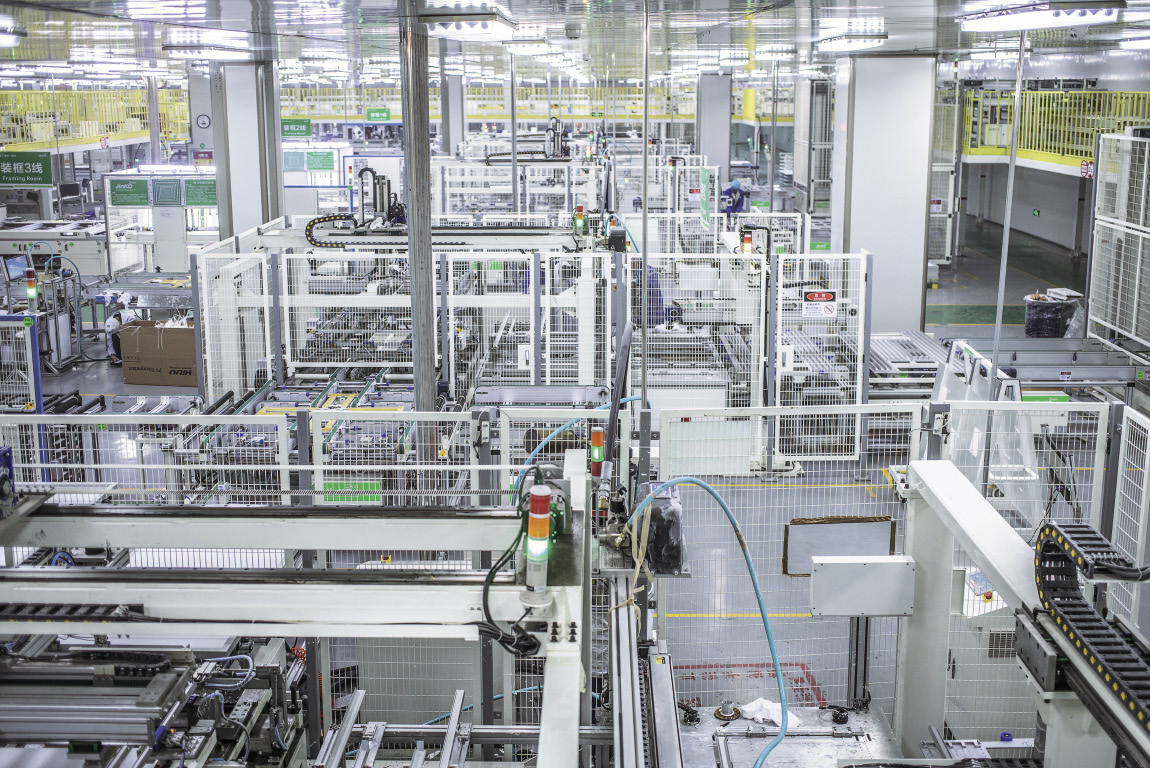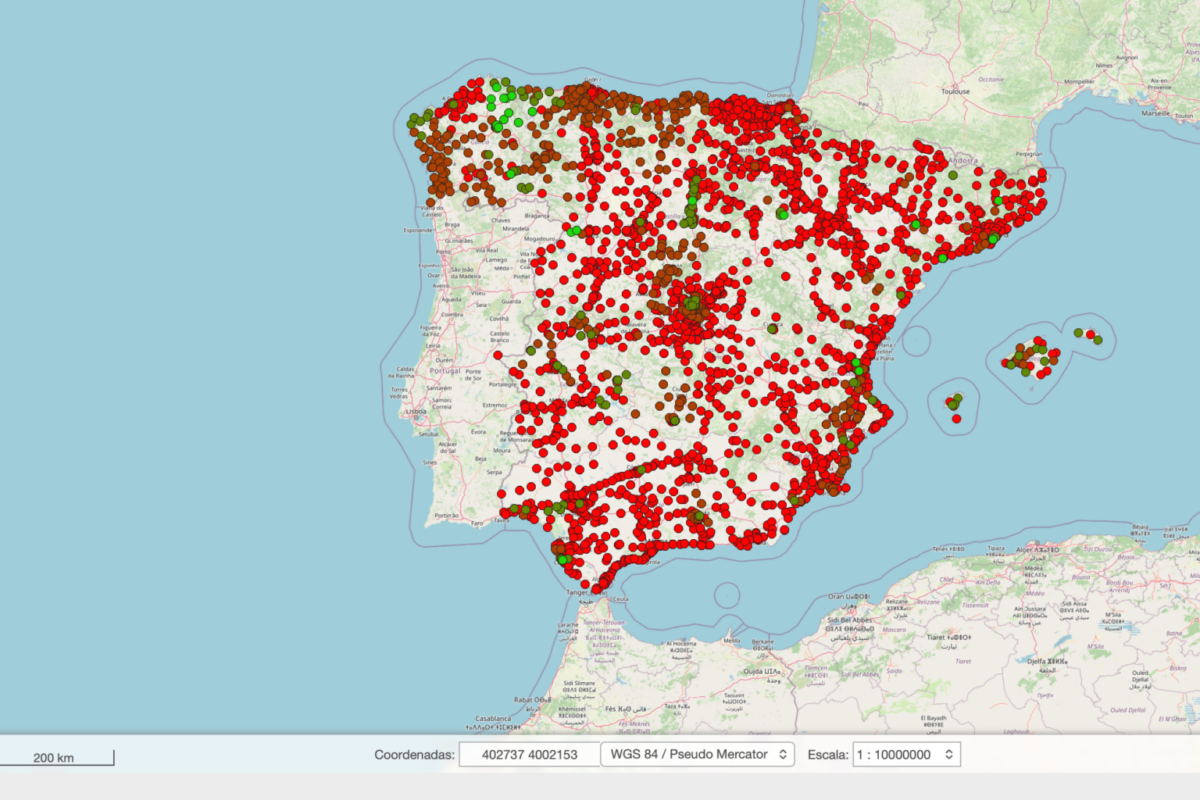Chinese solar manufacturer JinkoSolar claimed to have reached a 25.25% conversion efficiency for a large-area, n-type, TOPCon, monocrystalline-silicon cell.
The result was confirmed by China's National Institute of Metrology and beats the company's previous record of 24.9%, achieved in January.
“Material upgrades integrated into the cell process and fabrication on a practical size of 267.4cm2 of high-quality monocrystalline Czochralski (CZ) silicon substrates allowed the Company to achieve 25.25% cell efficiency,” the manufacturer said in a statement. “To achieve this extremely high solar cell efficiency using ultra-thin polysilicon, several advanced technologies have been implemented including JinkoSolar's high-quality N-type wafer, passivating contact technologies, advanced diffusion system, surface passivation, metallization of crystalline solar cells and other innovative technologies.”
In January 2020, when the cell had, still, an efficiency of 24.2%, Jinko said it was based on its HOT design and featured tunnel-oxide passivating contact (TOPCon) technology. The cell features a 267.72cm2 monocrystalline silicon substrate grown using the Czochralski method. At the time, JinkoSolar had also announced it achieved a 23.1% conversion efficiency for an n-type monocrystalline solar PV module based on this cell technology.
This content is protected by copyright and may not be reused. If you want to cooperate with us and would like to reuse some of our content, please contact: editors@pv-magazine.com.




1 comment
By submitting this form you agree to pv magazine using your data for the purposes of publishing your comment.
Your personal data will only be disclosed or otherwise transmitted to third parties for the purposes of spam filtering or if this is necessary for technical maintenance of the website. Any other transfer to third parties will not take place unless this is justified on the basis of applicable data protection regulations or if pv magazine is legally obliged to do so.
You may revoke this consent at any time with effect for the future, in which case your personal data will be deleted immediately. Otherwise, your data will be deleted if pv magazine has processed your request or the purpose of data storage is fulfilled.
Further information on data privacy can be found in our Data Protection Policy.